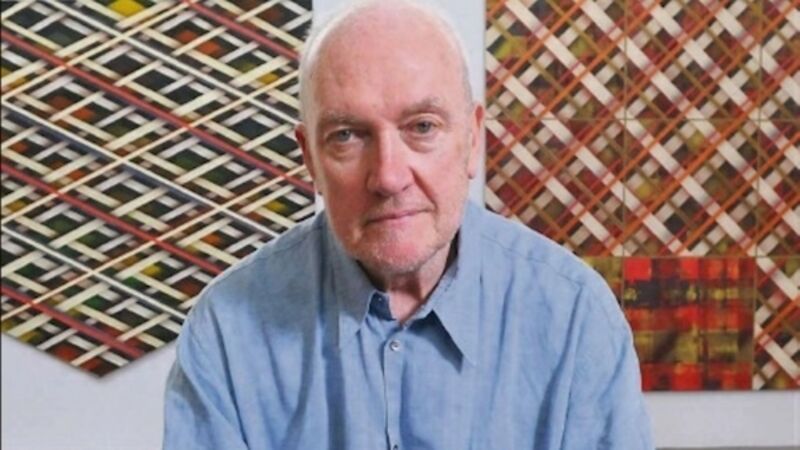Sean Scully comes back to Ireland to be honoured in his birthplace

Sean Scully started his life in poverty in Inchicore, but as he turns 75, he returns to the Dublin suburb as one of the world's most acclaimed living artists, writes .
Inchicore is where internationally lauded artist Sean Scully began his life in lamentable poverty.











